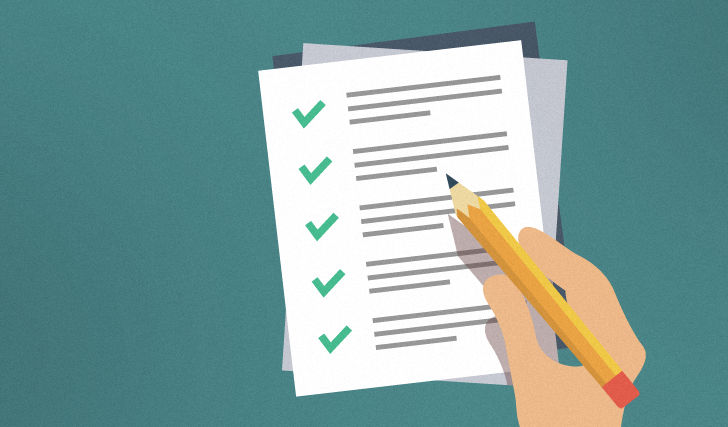While 81% of Canadians say that being debt-free at retirement is a top financial priority, a recent poll conducted for the Manulife Bank of Canada shows only about half of those surveyed are confident that they will actually reach that goal. The least confident people were those aged 50 to 59, followed closely by those aged 40 to 49. What's more, only 39% of respondents said that they are confident that they will have enough retirement income to fund the sort of life they want to lead.
“When asked what they would do if they reached their planned retirement age and still had debt, just under half indicated they’d continue working full time or part time until the debt was gone,” says Manulife. “Of the 46% who indicate they’d retire as scheduled even if they still had debt outstanding, 26% would scale back their lifestyle until their debt is gone, 10% would sell assets to repay debt and 10% indicated the debt wouldn’t impact their lifestyle.”
Another popular way to deal with an income shortfall in retirement was to go even further into debt, with one in five homeowners indicating that they plan to draw down their home equity; 10% said they plan to stay in their homes and borrow against their equity and another 8% percent plan to downsize and use the excess from the house sale to provide extra money in retirement.
“Interestingly, one-quarter of respondents said that they don’t consider their mortgage or vehicle loans to be part of their debt, showing that not everyone has the same definition of what it means to be ‘debt-free,’ ” says Manulife.








